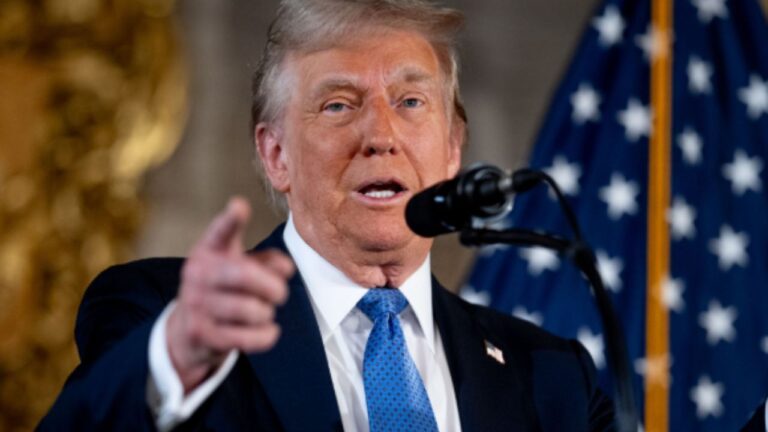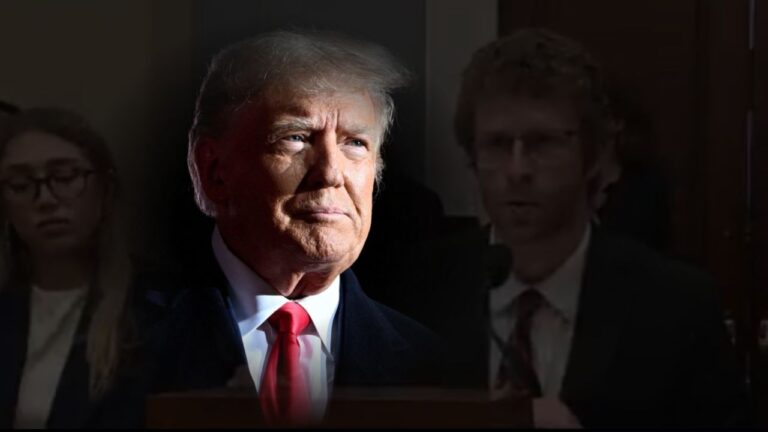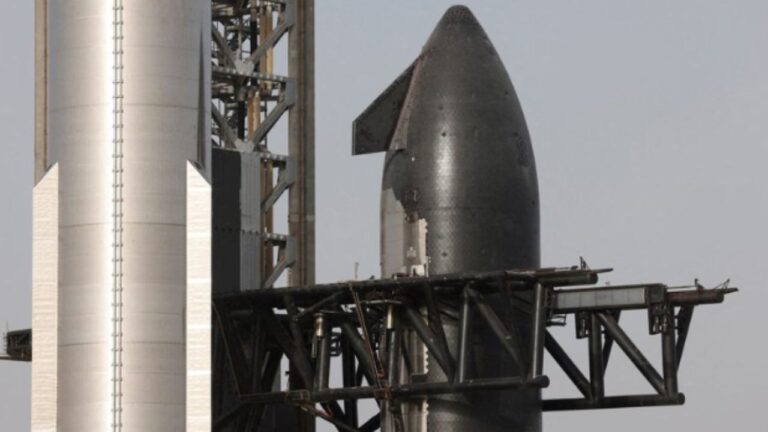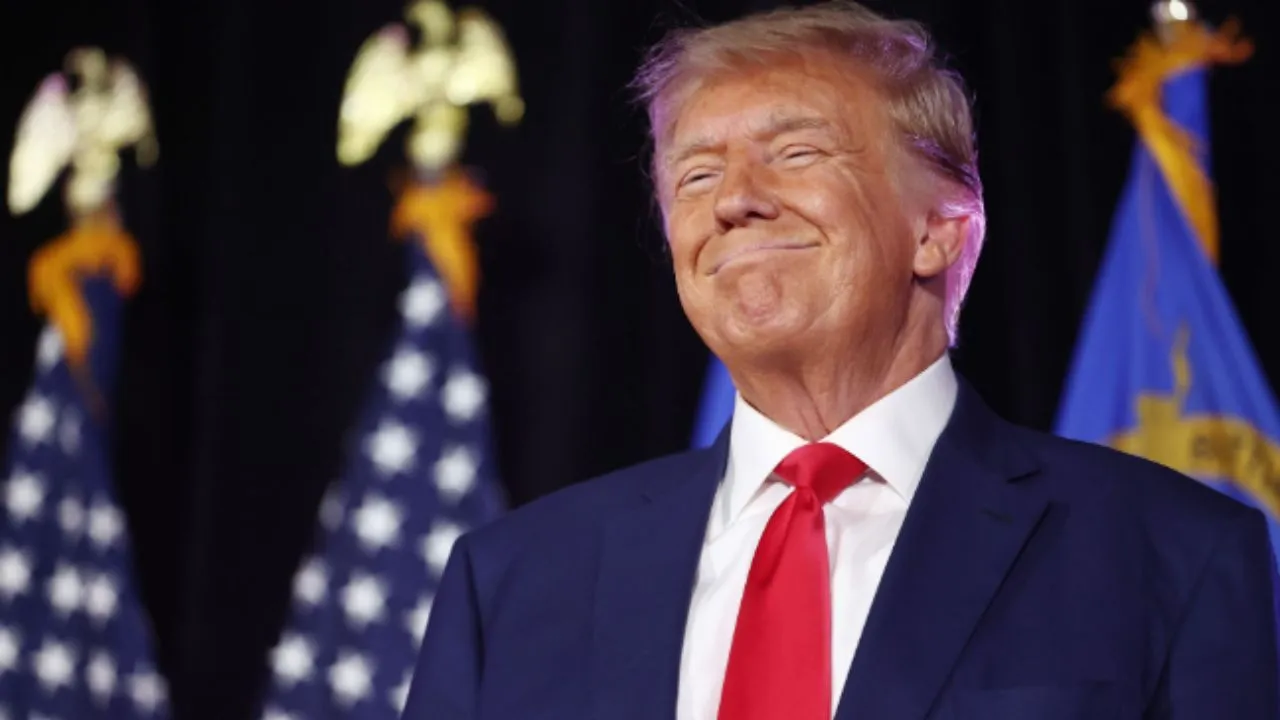Elon Musk’s Crusade for Government Efficiency: A Meme Sparks a Firestorm
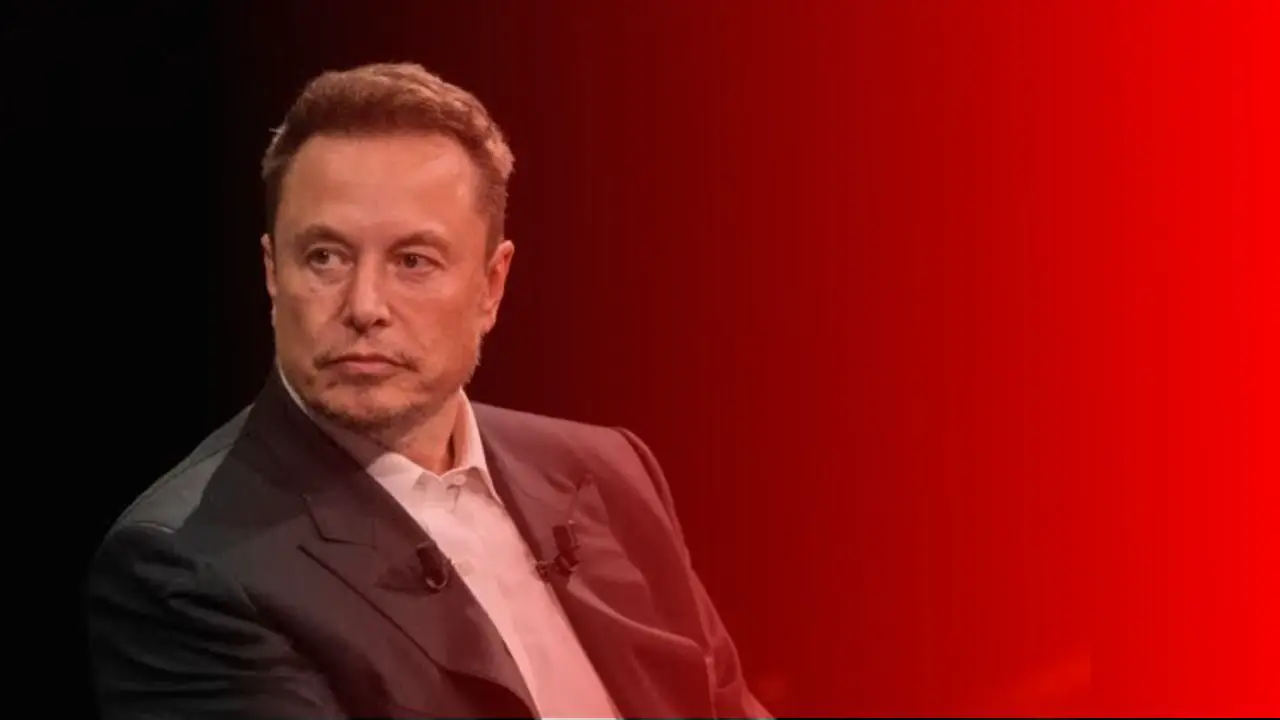
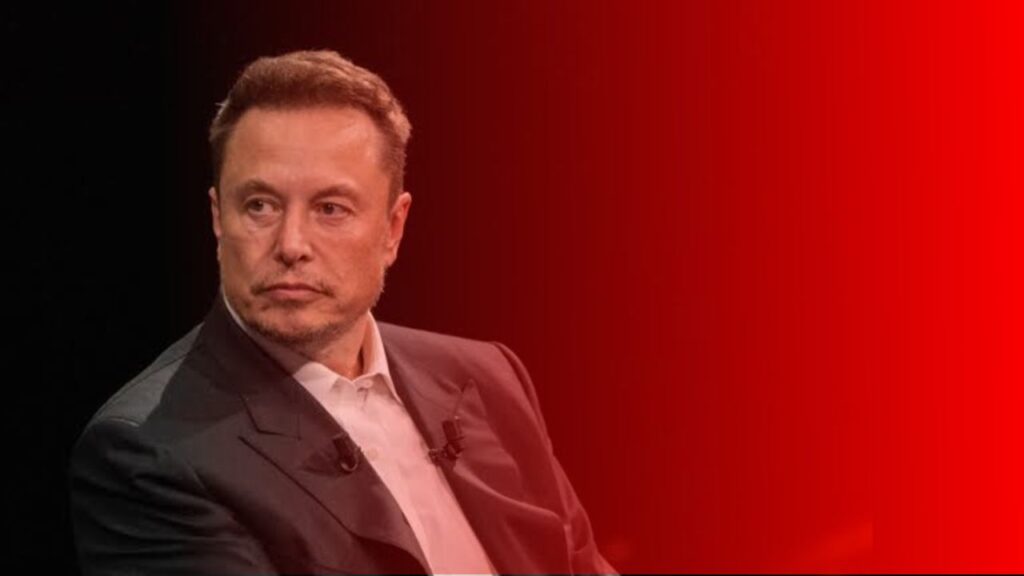
On May 31, 2025, at 03:10 UTC, Elon Musk, the billionaire innovator and co-founder of the Department of Government Efficiency (DOGE), ignited a heated online debate with a single emoji and a quote of a viral meme. The meme, originally posted by user Rothmus at 01:19 UTC, humorously juxtaposed two images: on the left, a massive stack of legal books labeled “Laws that exist,” and on the right, a tiny booklet held between two fingers labeled “Laws that need to exist.” Musk’s simple “100” in response to the post, accompanied by an image of a packed U.S. Congress chamber, spoke volumes about his ongoing mission to streamline government operations—and it quickly became a lightning rod for both supporters and critics.
The Meme That Started It All
The original post by Rothmus struck a chord with many on X, amassing significant engagement. A follow-up reply by user Mike R at 03:04 UTC added historical weight, quoting the Roman historian Tacitus: “The more corrupt the state, the more numerous the laws.” This sentiment aligns with Musk’s public stance on government inefficiency, a cause he has championed since co-founding DOGE with Vivek Ramaswamy in early 2025. According to a New York Times report from April 25, 2025, Musk and former President Donald Trump promised taxpayers savings of up to $150 billion through DOGE, with Musk even floating the idea of a “DOGE dividend” check for Americans. However, the same report highlighted skepticism from experts like Max Stier of the Partnership for Public Service, who estimated that the “speed and chaos” of Musk’s cuts could cost taxpayers $135 billion this fiscal year due to mismanagement and legal challenges.
Musk’s Vision: Fewer Laws, More Efficiency
Musk’s endorsement of the meme is a clear extension of his broader agenda to reduce bureaucratic red tape. Since taking on his role as a special adviser to the Trump administration, Musk has been a polarizing figure in Washington. The Department of Government Efficiency, which Musk claims has already saved $3 billion by canceling contracts (as per doge.gov), aims to modernize federal technology and streamline operations. However, as Reuters reported on February 5, 2025, legal experts are divided on whether Musk’s expansive role requires Senate confirmation, given the autonomy he appears to wield. Critics argue that his actions may overstep the ethical and legal boundaries set for special government employees, potentially leading to lawsuits that could undermine DOGE’s initiatives.
The image Musk shared alongside his post—a bustling U.S. Congress chamber—further underscores his point: the legislative process, in his view, has become bloated and inefficient. This aligns with recent GOP efforts, such as the “Big Beautiful Bill” passed by the House on May 22, 2025, which proposes a decade-long ban on state-level AI regulations. As reported by USA Today on May 27, 2025, this legislation has drawn criticism from advocacy groups like the Southern Poverty Law Center, who argue that such deregulation could stifle oversight and allow misuse of rapidly evolving technologies like AI.
The X Community Reacts
Musk’s post, with the ID 1928650286706339991, quickly became a focal point for discussion on X. Responses ranged from fervent support to sharp criticism, reflecting the polarized views on Musk’s influence in government. User Aili Maimaiti (@ailimaimaiti) thanked Musk, calling him “The DOGE father,” while Michael Welsh (@MichaelWelshLaw) urged Musk to comment on the Karen Read trial, indicating the public’s expectation for Musk to weigh in on a wide range of issues. On the other hand, user Jew Agent (@JewAgent) warned Musk to “focus on vehicle sales” amid concerns about Tesla’s stock, and Sperion (@Brooksvillain) took a more critical stance, accusing Musk of using his wealth to buy influence and labeling his actions as driven by “insecurity and a messiah complex.”
Some users, like Jake Trader (@JakeMakesTrades), echoed the meme’s sentiment, stating, “Smaller books are often better books,” while others, such as Twitter User (@tvteruser), expressed disillusionment: “Yeah huge surprise the wealthiest man on earth wishes the will of the people was less capable of limiting him. idk what happened to you dude.” These varied reactions highlight the broader societal debate over Musk’s role in shaping policy and the balance between efficiency and accountability.
The Rule of Law in Question
Musk’s push for fewer laws also raises questions about the rule of law, a principle defended by the American Bar Association (ABA) in a statement on March 26, 2025. The ABA, alongside numerous bar organizations, emphasized the importance of transparent, predictable, and non-arbitrary laws, rejecting efforts to undermine the courts and legal profession. Musk’s actions, however, seem to challenge this ideal. Critics argue that his aggressive deregulation efforts, such as those through DOGE, risk creating a vacuum where oversight is diminished, potentially leading to unchecked power and corruption—the very issues Tacitus warned about centuries ago.
A Broader Context: AI Regulation and Beyond
The timing of Musk’s post is particularly significant given the recent passage of the GOP’s “Big Beautiful Bill.” This 1,000-plus-page legislation, which narrowly passed the House, seeks to centralize AI regulation at the federal level, banning states fromage enacting their own rules for a decade. Advocacy groups, including Georgetown Law’s Center on Privacy and Technology, have criticized the bill, warning that it could hinder efforts to address AI misuse. Musk, a known advocate for AI development through his work with xAI, has not publicly commented on the bill, but his general stance on deregulation suggests he would support such a move.
Conclusion: A Divisive Path Forward
Elon Musk’s May 31, 2025, X post, though brief, encapsulates the core of his mission to overhaul government efficiency—a mission that has both inspired and alarmed observers. The meme he quoted resonates with those who see government as overburdened by excessive laws, but it also raises valid concerns about the erosion of oversight and the rule of law. As Musk continues to wield influence through DOGE, the tension between efficiency and accountability will likely intensify, with legal, ethical, and societal implications that could shape the future of governance in the U.S. and beyond.
For now, Musk’s “100” has done more than agree with a meme—it has reignited a critical conversation about the role of laws in a modern democracy, and whether fewer really is better. As the debate rages on, one thing is clear: Musk’s vision for a leaner government is as polarizing as the man himself.


